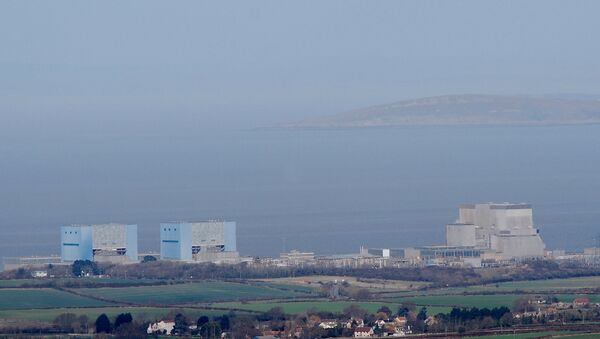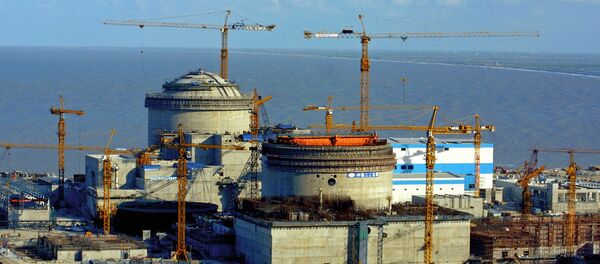According to a report in London’s Sunday Times newspaper, the Japanese embassy was paying 10,000 pounds ($12,570) a month to the Henry Jackson Society (HJS) think tank to encourage leading British journalists and politicians, including former Foreign Secretary Malcolm Rifkind, to "voice opposition to Chinese foreign policy."
A spokesman from HJS told Xinhua on the same day that "We can never reveal specific details."
Russian experts refuse to jump to conclusions and are waiting for further details.
In an interview with Sputnik, deputy director of the Institute of European Studies in Moscow, Vladislav Belov, said that he did not think that the Japanese embassy actually paid the money because embassies never make direct payments to anyone.
“[The Japanese embassy] could have recommended preparing information against China, but I don’t think they paid for this because it would amount to spying,” Belov said.
Meanwhile, The Times too wrote that it was aware of proposals to employ the Henry Jackson Society and the PR-firm Media Intelligence Partners to devise a propaganda strategy for the Japanese embassy for a monthly payment of 15,000 pounds ($18,700).
The Times also reported attempts to involve former British Foreign Secretary Malcolm Rifkind in the anti-China campaign.
The newspaper quoted Rifkind as saying that in August 2016 he was approached by the Henry Jackson Society to sign an article in The Telegraph titled “How China Could Switch Off Britain’s Lights in a Crisis is We Let Them Build Hinkley C.”
Rifkind said that he was unaware of the HJS’s links to the Japanese embassy in London, adding that he would have preferred to be informed about this.
The article advised the British against handing the construction of the Hinkley Point station over to China which, in the event of a crisis, could “take Britain hostage.”
Last summer many in the British political establishment embraced the anti-China decision by the Arbitration Court in The Hague concerning the situation in the South China Sea.
Theresa May eventually sanctioned the deal. By the way, China will only be financing, not building, Hinkley C.
Interestingly enough, the revelations made by the London media came shortly after Britain agreed to assess the design of China’s Hualong-1 nuclear reactor, which will be installed at Britain’s second and third nuclear stations, Sizewell C and Bradwell B.
Experts say that the decision is opening the way for the Hualong-1 reactors to enter the British and global nuclear technology markets.
Never miss a story again — sign up to our Telegram channel and we'll keep you up to speed!




